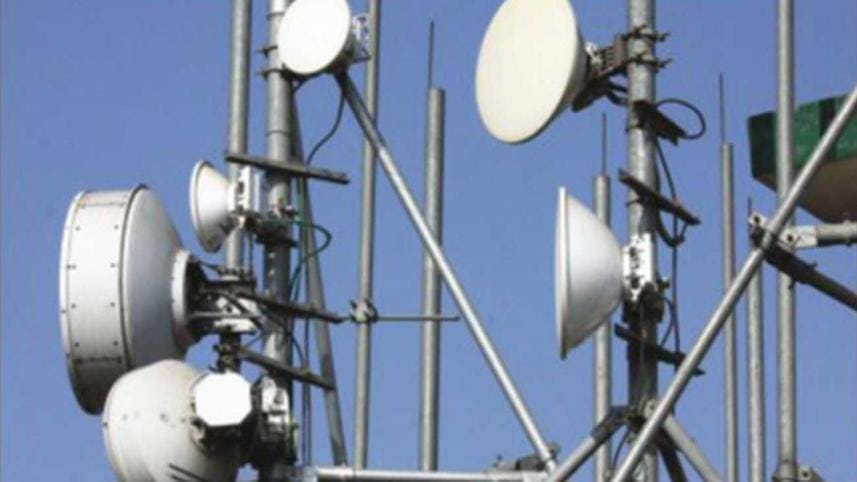Spectrum price cut may add $45b to economy by 2035: study

Adjusting spectrum prices could unlock up to $45 billion of economic growth for Bangladesh by 2035, according to a new GSMA study, which warns that the current pricing model risks holding back its digital ambitions.
The report, The Impact of Spectrum Pricing in Bangladesh, links high spectrum and tax burdens to underinvestment in networks, slower internet speeds, and delayed 5G adoption.
While Bangladesh has achieved near-universal 4G coverage and some of the lowest data prices in the Asia-Pacific region, only 46 percent of citizens are mobile internet users, according to the study released yesterday.
It notes that the country's average monthly data usage, at 5 GB per connection, lags well behind regional peers.
With demand for mobile connectivity rising as users switch to 4G and 5G smartphones, the GSMA states that spectrum pricing must be modernised to enable operators to keep pace.
It warns that spectrum fees already consume 16 percent of operator revenues, double the global median, and could rise to 21 percent by 2035 if current pricing continues.
Such high costs, combined with a fiscal burden equal to 55 percent of operators' revenue when taxes and levies are added, threaten to constrain investment, it also states.
In extreme cases, operators may even return spectrum or forgo new bands, undermining network quality, it adds.
The report proposes four key reforms: resetting spectrum pricing to reflect current market fundamentals, prioritising timely 700 MHz and 3.5 GHz awards to boost rural and urban coverage, streamlining taxes and fees to encourage smartphone adoption, and guaranteeing long-term licences with more flexible payment structures.
Economic modelling shows the stakes. If spectrum prices align with the Asia-Pacific median, average download speeds could rise by 17 percent and 5G coverage reach 99 percent of citizens by 2035, unlocking $34 billion in GDP.
Aligning with the global median, which would see a 75 percent price cut, could push 4G speeds up 22 percent and generate $45 billion in economic value, alongside job creation and social benefits, according to the study.
Crucially, the GSMA notes that lower spectrum prices need not harm public finances. Broader connectivity and economic growth could more than offset reduced direct spectrum revenues.
Julian Gorman, Head of Asia Pacific, GSMA, said, "Mobile connectivity is the oxygen of Bangladesh's digital ambition. Yet operators here face one of the highest burdens globally on spectrum and sector-specific taxes.
"Affordable, predictable pricing and modernised licence terms are essential to expand affordable coverage and power the trillion-dollar economic vision."
The study positions spectrum reform as a decisive step toward realising Bangladesh's goal of becoming a trillion-dollar digital economy and an upper-middle-income country by 2031.



 For all latest news, follow The Daily Star's Google News channel.
For all latest news, follow The Daily Star's Google News channel.
Comments